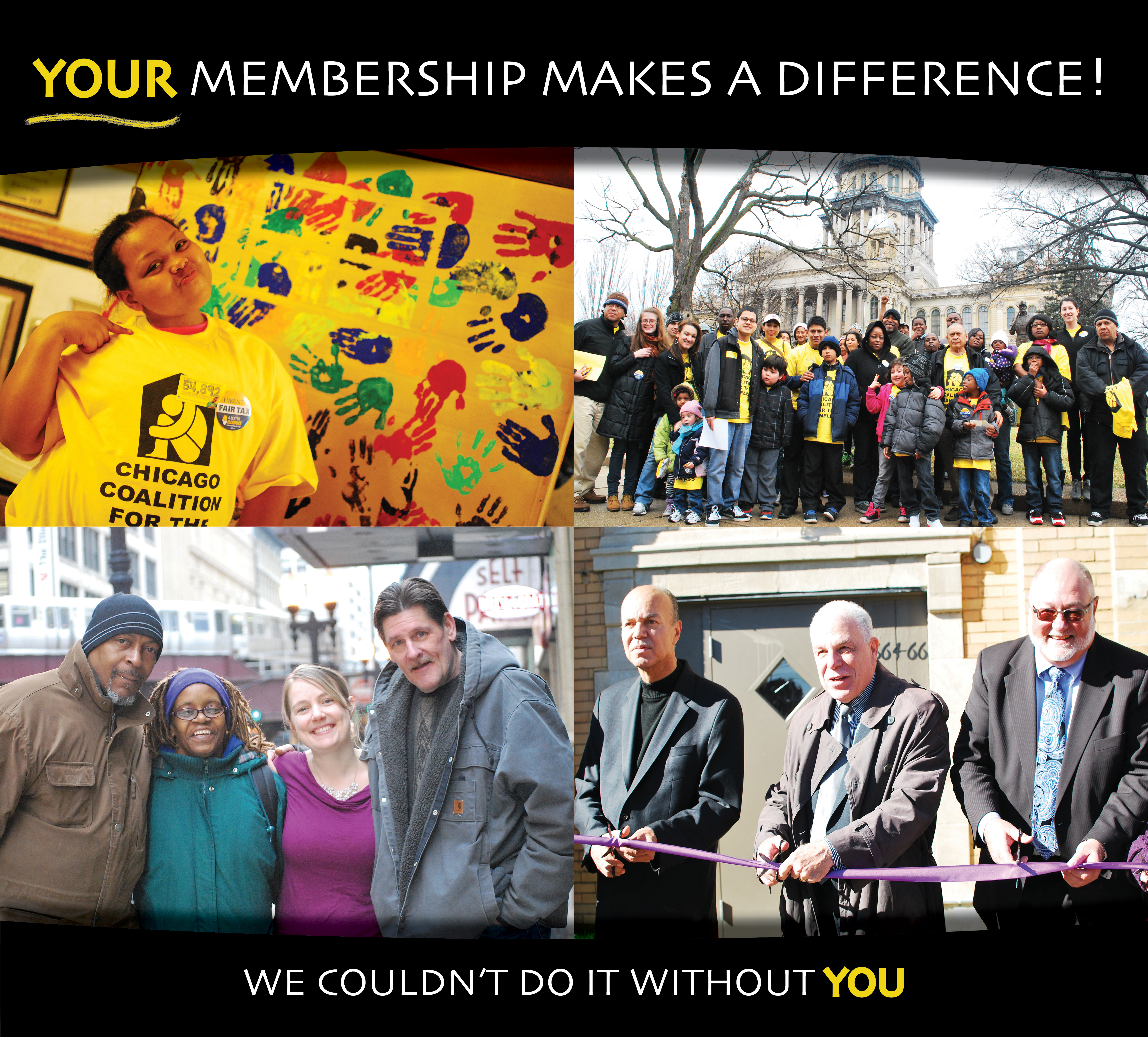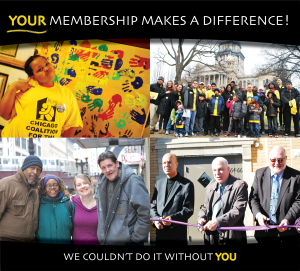 We are grateful to you for supporting our community organizers, policy experts and legal aid attorneys who are fighting to end the cycle of extreme poverty and homelessness. Together, we can ensure the development of effective solutions to the issues faced by the ever-growing number of homeless families, youth and adults.
We are grateful to you for supporting our community organizers, policy experts and legal aid attorneys who are fighting to end the cycle of extreme poverty and homelessness. Together, we can ensure the development of effective solutions to the issues faced by the ever-growing number of homeless families, youth and adults.
We are proud to share the following successes, made possible through your generosity:
Serving homeless youth
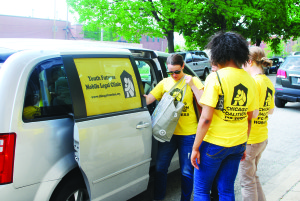
The Law Project at CCH is the only legal aid program in Illinois solely dedicated to meeting the legal needs of individuals experiencing or at risk of homelessness. Your generosity allowed our four attorneys to close 333 cases in 2014 – 94% on behalf of homeless students or youth.
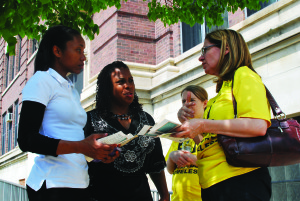
Two youth attorneys staff a mobile legal aid clinic called Youth Futures. They run weekly outreach at six shelter and drop-in programs and 10 Chicago Public high schools.
Clients include Tom, a 17-year-old who spent his days at the city’s adult warming center. Tom tried to reenroll in school, but was turned away by several Chicago high schools. After being referred to CCH, a youth attorney was able to enroll him at an alternative high school in downtown Chicago.
Protections for people on the street
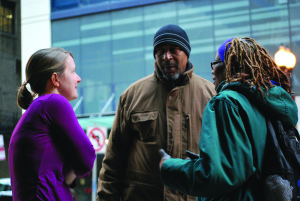
Your support allowed CCH to act quickly when we learned that city workers were discarding the personal property of people living on the streets. Blankets, clothing, medicine, identification and other important documents were all regularly disposed of during frequent, sometimes middle-of-the-night street cleanings.
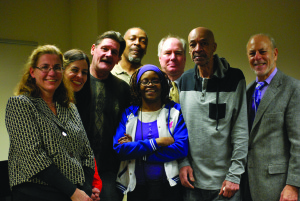
“It’s a rough life out there…when the police come through…you have to start from scratch again,” said Law Project client Bob McMahon.
CCH and pro bono private attorneys reached an agreement with the city of Chicago in January, creating a policy to protect homeless people on Lower Wacker Drive and under the Wilson Avenue viaduct. Among other protections, prior warning are given before street cleanings and removal of personal items, and case management and services are provided.
Stopped 2014 state budget cuts to services
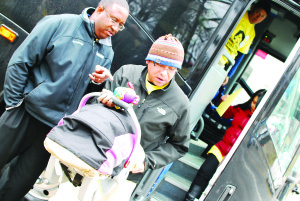
With your help, last spring our staff and homeless leaders stopped $7 million in proposed cutbacks to homeless shelter and service programs in the state budget. They also helped to secure a $1 million increase for homeless youth shelters and services.
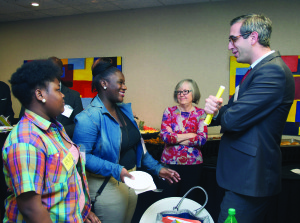
With 20 advocacy trips to Springfield in 2014, CCH organizers trained and transported 515 shelter residents and staff from Chicago and across the state. They advocated for funding for homeless programs and a new law allowing unaccompanied minors to access health care.
“They put faces on those boys and girls,” Melinda LaBarre, Illinois State Board of Education member, told the Illinois Radio Network. “They talked to us and told us about the challenges that they have.”
Creation of affordable housing
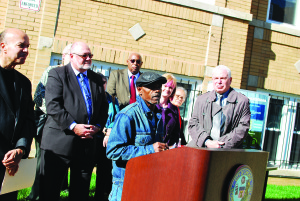
Sweet Home Chicago, a CCH managed affordable housing coalition made possible by you, persuaded the city of Chicago to enact and fund the TIF Purchase-Rehab Program.
Four million dollars in tax-increment finance funds were allocated in the past two years to redevelop rental housing for low-income households.

The program’s first apartments utilizing these funds were completed last fall, with the opening of a 26-unit building in North Lawndale (pictured here).
Our coalition also convinced the City Council to increase its commitment to fund the program, committing $35 million of TIF funds in the city’s five-year housing plan. This is seven times what the city first proposed.
Crucial resource for homeless youth
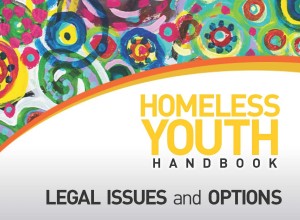
Thanks to your support, the CCH Law Project was able to create an Illinois Homeless Youth Handbook. Our attorneys worked in collaboration with attorneys from Baker & McKenzie and United Airlines to author this invaluable resource.
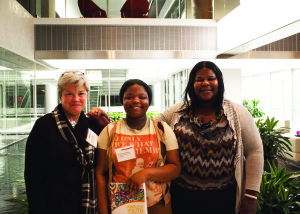
The 17-chapter guide offers practical answers to the legal issues faced by homeless youth, from education, health care and housing to consumer and credit issues. The handbook also provides tools for dealing with some of the key issues that often cause or compound homelessness, such as domestic violence, sexual exploitation, mental health issues and substance abuse.
The manual, released in January, is available in print and online at www.homelessyouth.org

